The seemingly never-ending smartphone patent slapfight between Apple and Samsung continues on, with the U.S. Supreme Court ruling today that a $399 million jury award granted to Apple needs to be reassessed because the iPhone maker isn’t entitled to all of the profits from the infringing Samsung devices. [More]
scotus

Why The Supreme Court Suddenly Cares About Cheerleader Uniforms
When you strip off the logos from your typical cheerleader’s uniform — especially in high school and college — you’re left with something that is still distinctly an outfit meant for a cheerleader. But can a uniform manufacturer copyright that basic uniform design? It’s a question currently before the U.S. Supreme Court, and one whose answer could have far-reaching implications. [More]

Supreme Court Asks Feds To Chime In On Decade-Old “Dancing Baby” YouTube Case
A nearly decade-long copyright dispute over a silly YouTube video of a baby dancing to a barely audible Prince song continues, with the U.S. Supreme Court now asking for the federal government to give its thoughts on the matter. [More]

Should Police Need A Warrant To Obtain Your Cellphone Location Data?
On TV and in the movies, when the police want location information on a suspect’s cellphone, the world-weary detectives just mosey into the office of a wireless company and bully/sweet-talk the receptionist into handing over this information by saying things like “You don’t want us to have to wait here while we get a warrant, do you?” In the real world, it’s not that simple, and the question of whether or not an actual warrant is needed has yet to be resolved. [More]

23 Lawmakers Want To Know What DOJ Would Do With Expanded Hacking Authority
The U.S. Congress has a month to decide on what it should do about a pending rule change that would arguably grant federal law enforcement agencies more authority to remotely hack into computers. Congress can let this amended rule go into effect by doing nothing, so before they let their idleness get the better of them, a group of nearly two-dozen members of the House and Senate are now pushing the Justice Department for more details. [More]
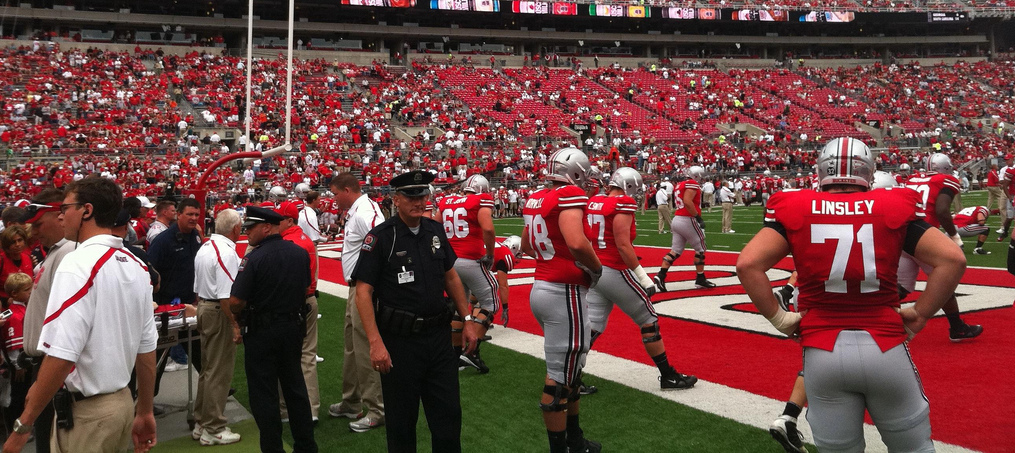
Supreme Court Won’t Hear Arguments On Possible Pay For NCAA Athletes
Nearly exactly a year after a federal appeals court ruled that the NCAA’s amateurs-only requirement violates federal antitrust laws — while simultaneously shutting down a plan to pay certain college athletes for their work — the U.S. Supreme Court has decided to not hear any further appeals in this dispute. [More]
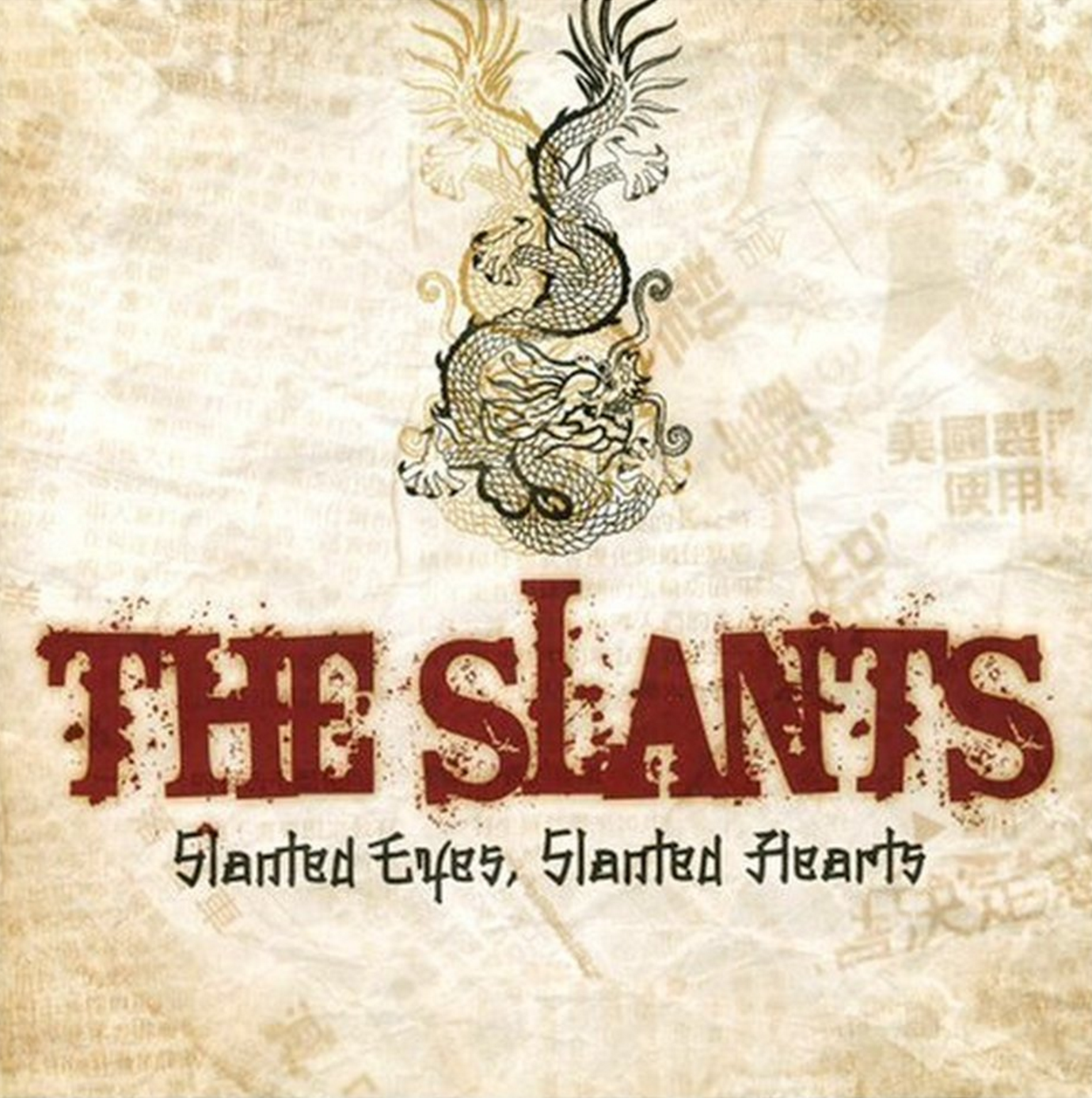
Supreme Court Will Hear Arguments On Validity Of “Scandalous, Disparaging” Trademarks
Federal law prohibits the U.S. Patent & Trademark Office from registering trademarks deemed “immoral, deceptive, or scandalous,” or that “disparage… persons, living or dead, institutions, beliefs, or national symbols.” This has resulted in disputes like the cancellation of the Washington Redskins trademark. This morning, the nation’s highest court agreed to hear arguments in a case seeking to throw that rule out. [More]

“Dancing Baby” YouTube Lawsuit May Go Before Supreme Court
The nearly decade-long legal battle over a 29-second YouTube clip of a toddler dancing to a barely discernible Prince song may end up going before the Supreme Court after free speech advocates representing the mother who shot that video petitioned the nation’s highest court. [More]
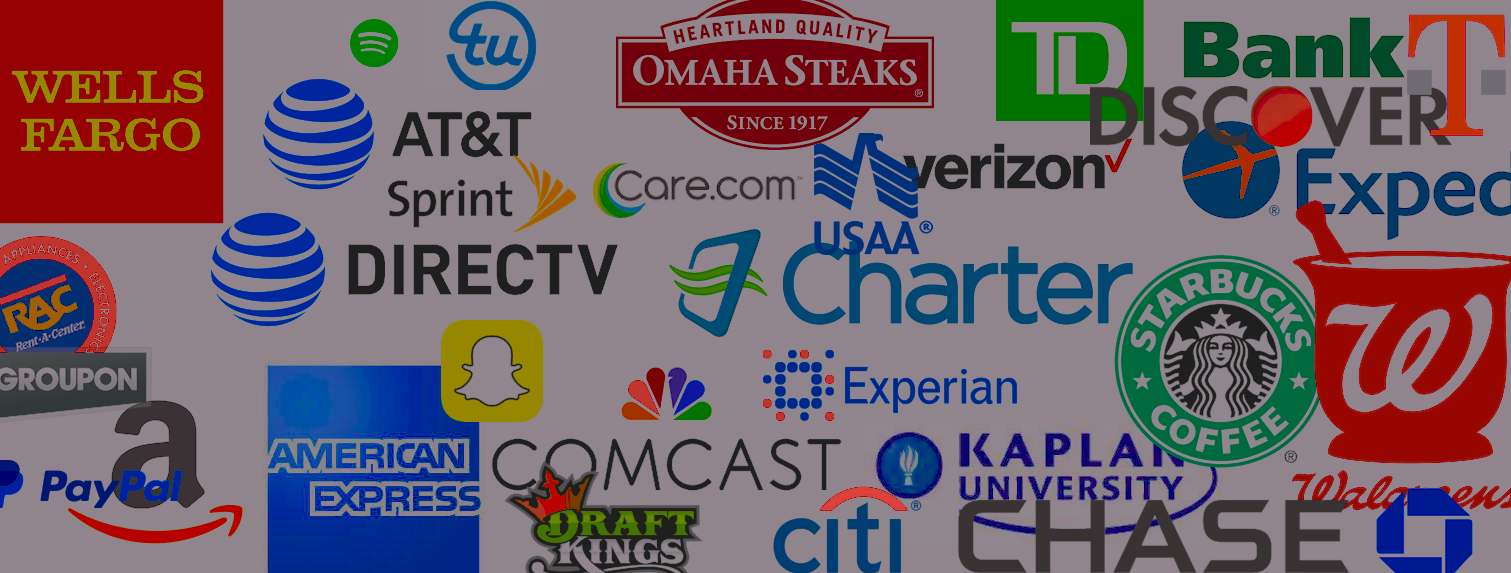
From Credit Cards To Mail-Order Steaks: 87 Companies That Are Taking Away Your Right To Sue
A recent study by the Consumer Financial Protection Bureau found that even though most Americans have at least one financial product — checking accounts, credit cards, loans, investment accounts — that use forced arbitration clauses to strip the account-holder of their right to sue, very few of us know about these restrictions or understand what they mean. And as the list we’ve compiled shows, it’s not just banks that are playing the “get out of jail free” card with arbitration. [More]
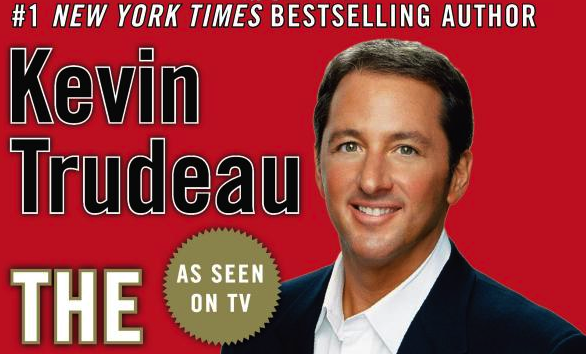
Best-Selling Author & Convicted Liar Kevin Trudeau Makes Pitch To Supreme Court
Two years after being sentenced to a decade in federal prison for repeatedly defrauding American consumers, best-selling liar Kevin Trudeau is hoping that the U.S. Supreme Court will take a different view of his case than all of the previous courts. [More]
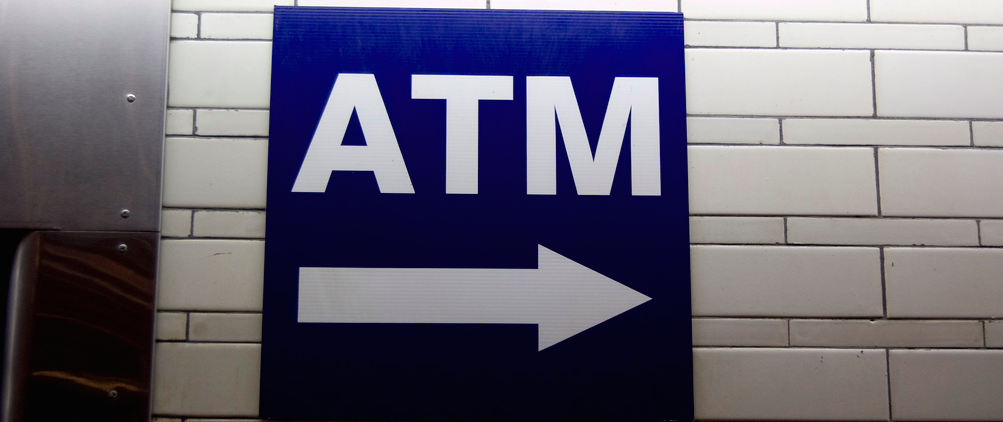
SCOTUS Will Hear Visa, MasterCard Appeal In ATM Fee Price-Fixing Case
Ten months after an appellate court ruled that a lawsuit accusing Visa, MasterCard, and a slew of major banks of conspiring to fix ATM fees could go forward, the United States Supreme Court said it will review an appeal from those companies seeking to throw the case out completely. [More]
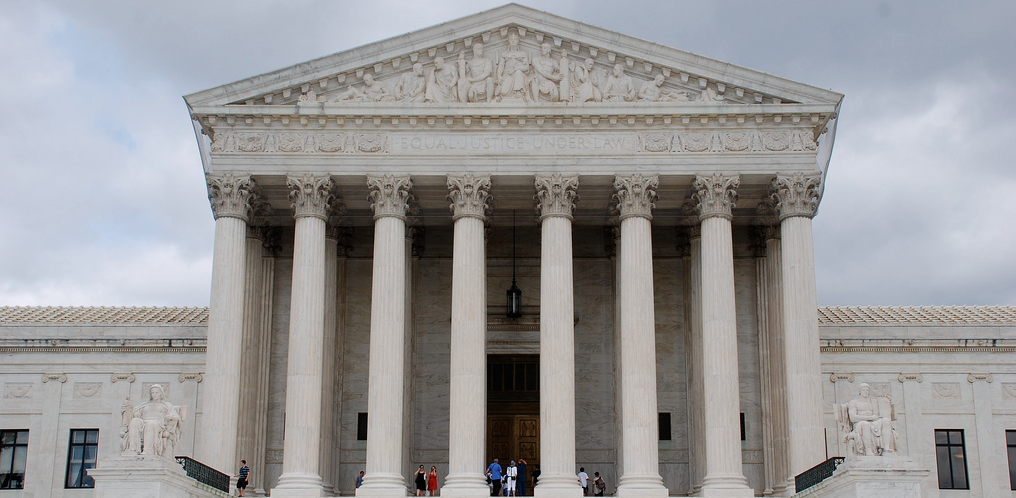
Supreme Court Deadlock On Immigration Puts Immigrants At Increased Risk For Fraud, Deportation
Yesterday, a deadlocked U.S. Supreme Court stymied the White House’s hopes to enact large-scale immigration reforms that would have allowed millions of immigrants to remain in the country. While this lack of a decision doesn’t necessarily mean the end of the program, it will inevitably create confusion for those directly affected by the case, while fostering a breeding ground for fraudsters seeking to take advantage of immigrants uncertain of their status. [More]
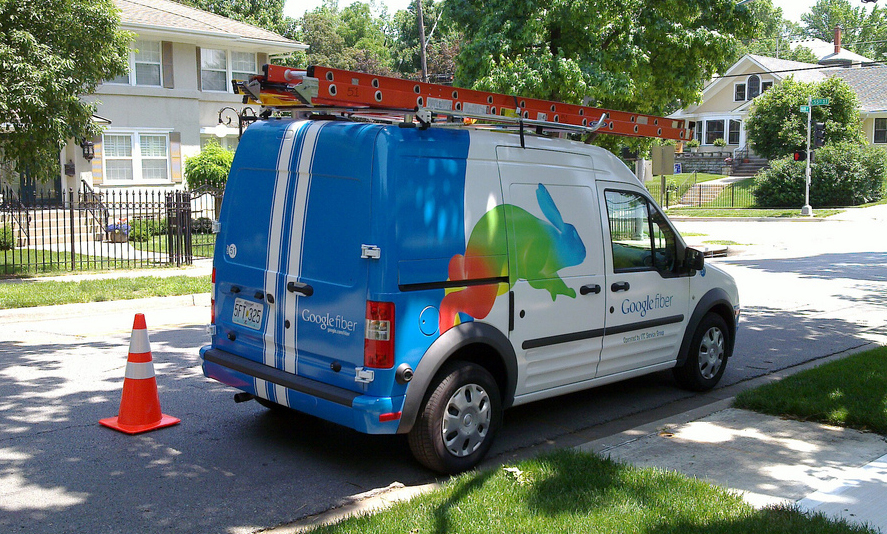
Google Fiber Copies Comcast, AT&T; Forces Users To Give Up Their Legal Right To Sue
Since its introduction in Kansas City, Google Fiber has presented itself as a disruptive force in the pay-TV and internet markets, offering high speeds for reasonable prices, and bringing new competition to markets generally dominated by a single provider. So it’s disappointing to learn that Fiber has decided to follow in the footsteps of AT&T, Comcast, Verizon, Time Warner Cable, and other reviled providers by quietly stripping its customers of their right to sue the company in a court of law. [More]

The 3 Myths Banks Are Using To Defend Their “Get Out Of Jail Free” Cards
Earlier this month, the Consumer Financial Protection Bureau proposed rules intended to restore some of those constitutionally granted rights that the Supreme Court has stripped away in recent decades. Faced with the possibility of having to be held responsible for their bad actions, some industry groups are coming out in force against the rules, presenting the same laughably thin argument that consumers ultimately benefit by not being able to sue the companies they do business with. [More]
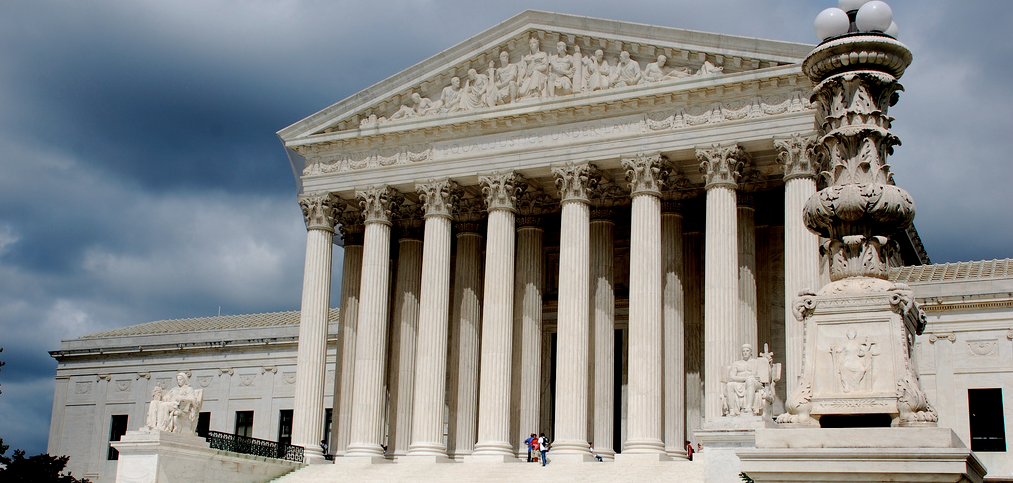
Supreme Court OKs Private Debt Collectors’ Use Of Prosecutors’ Letterhead To Make People Pay
What’s more likely to get you to pay a questionable debt: A notice from some debt collection company you’ve never heard of, or a letter from your state’s attorney general about that same debt? Some states allow certain private, for-profit debt collectors to use prosecutors’ letterhead in correspondence with consumers about debts, even though the American Bar Association looks down on the practice. This morning, the U.S. Supreme Court chimed in on the debate, unanimously giving its SCOTUS seal of approval, at least when it’s done with the state’s approval. [More]
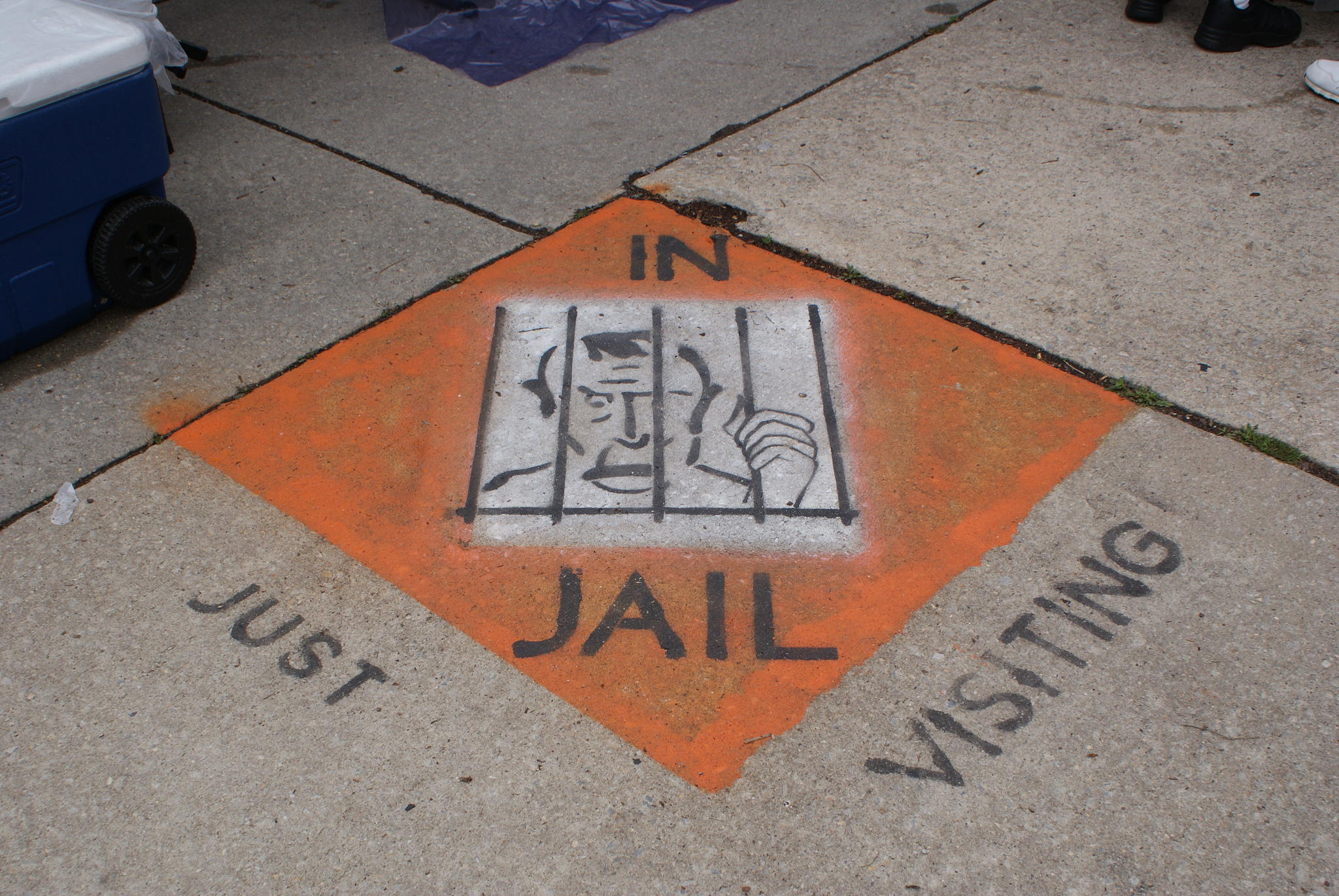
Proposed Rules Would Take Away Banks’ “Get Out Of Jail Free” Card
Many bank accounts, and almost all credit cards, wireless services, private student loans, and payday loans contain clauses in their contracts that strip consumers of their right to sue these companies, and their right to join others in a class action, effectively allowing businesses to sidestep the legal system. While lawmakers in Congress debate the issue, and the U.S. Supreme Court has repeatedly given its approval to these practices, the Consumer Financial Protection Bureau is making good on its pledge to restore consumers’ constitutional right to having their day in court. [More]

Franchisees’ Challenge To Seattle’s $15/Hour Minimum Wage Falls Short
When Seattle city leadership voted in 2014 to approve a plan to raise minimum wage to $15/hour over the course of several years, franchisees in the city said the rules were unfair and vowed to challenge the higher wages in court. Today that challenge came to a quiet end when the U.S. Supreme Court elected to not hear the matter. [More]

Supreme Court Refuses To Hear POM Wonderful’s Appeal In False Advertising Case
After nearly six years of legal wrangling over allegations of false advertising, the makers of POM Wonderful pomegranate beverages ran into a dead end this morning when the nation’s highest court refused to hear the company’s appeal. [More]

